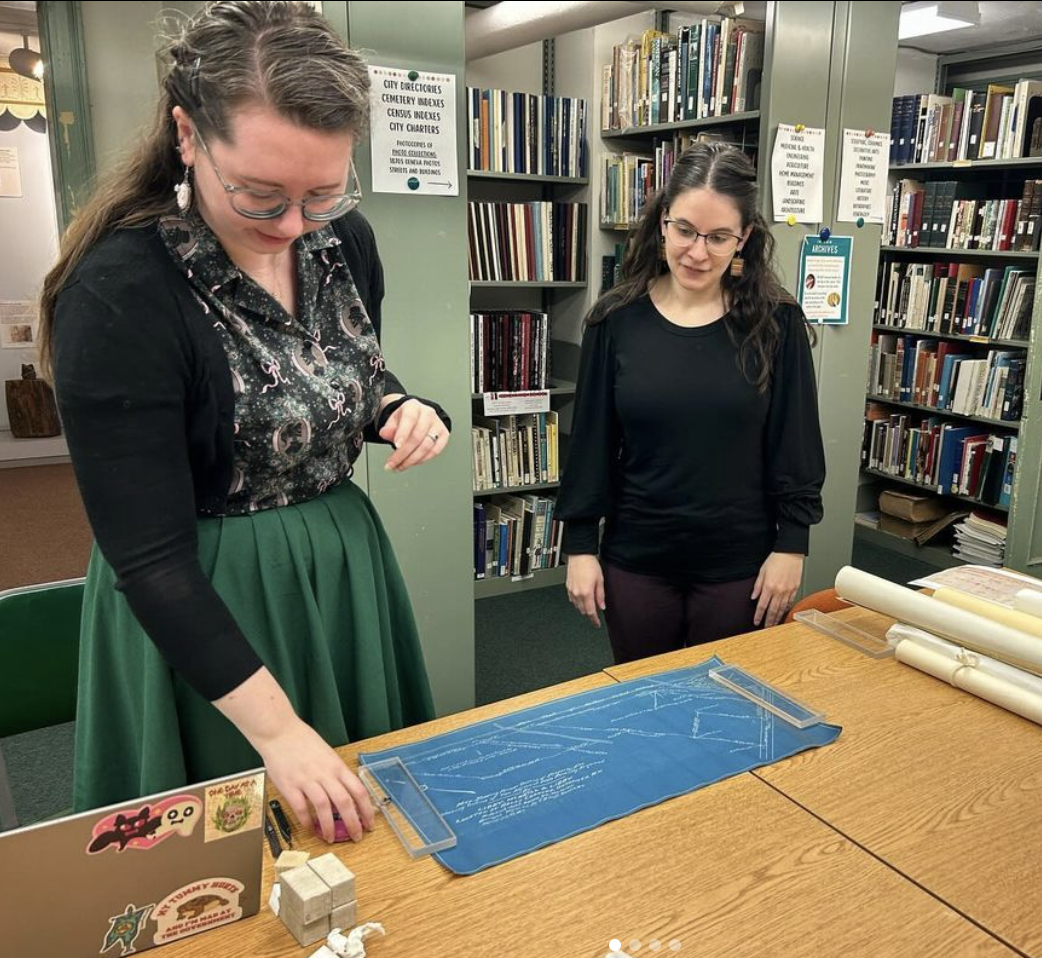Navigating library and archival standards can feel daunting, but with DHPSNY, expert guidance is at your fingertips! Rooted in the foundational principle of meeting organizations where they are, DHPSNY Planning & Assessment Services connect accepted institutions with our specialists to evaluate current preservation practices, establish tailored recommendations and goals, and craft actionable plans aligned with your unique capacity and needs.
Blog
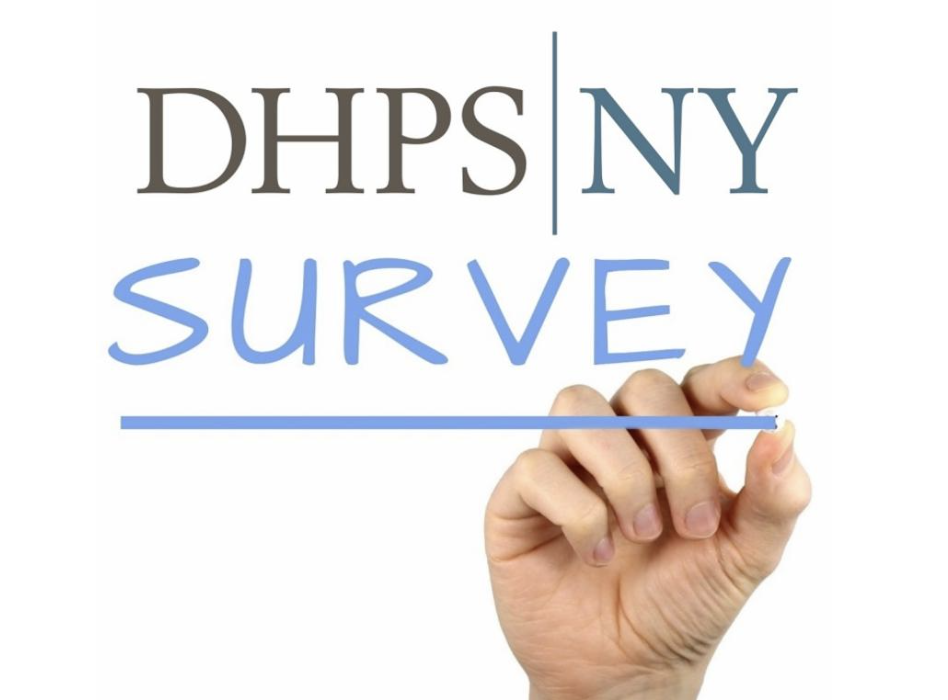
Dear DHPSNY Community,
DHPSNY is continually evaluating our services to ensure we are meeting the needs of collecting institutions across New York State.
We have developed this short survey for you to share your thoughts, concerns, and emerging needs with us directly. We estimate it will take about 20 minutes to complete. Your responses will help inform the delivery and development of our programs and services moving forward!
Please complete the survey by Tuesday, June 18, 2024.…
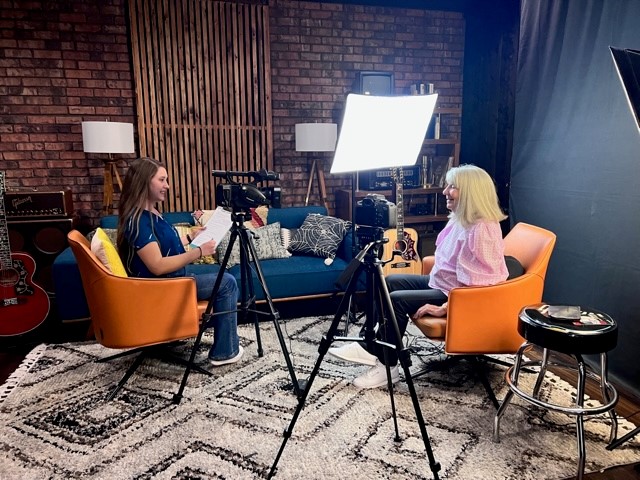
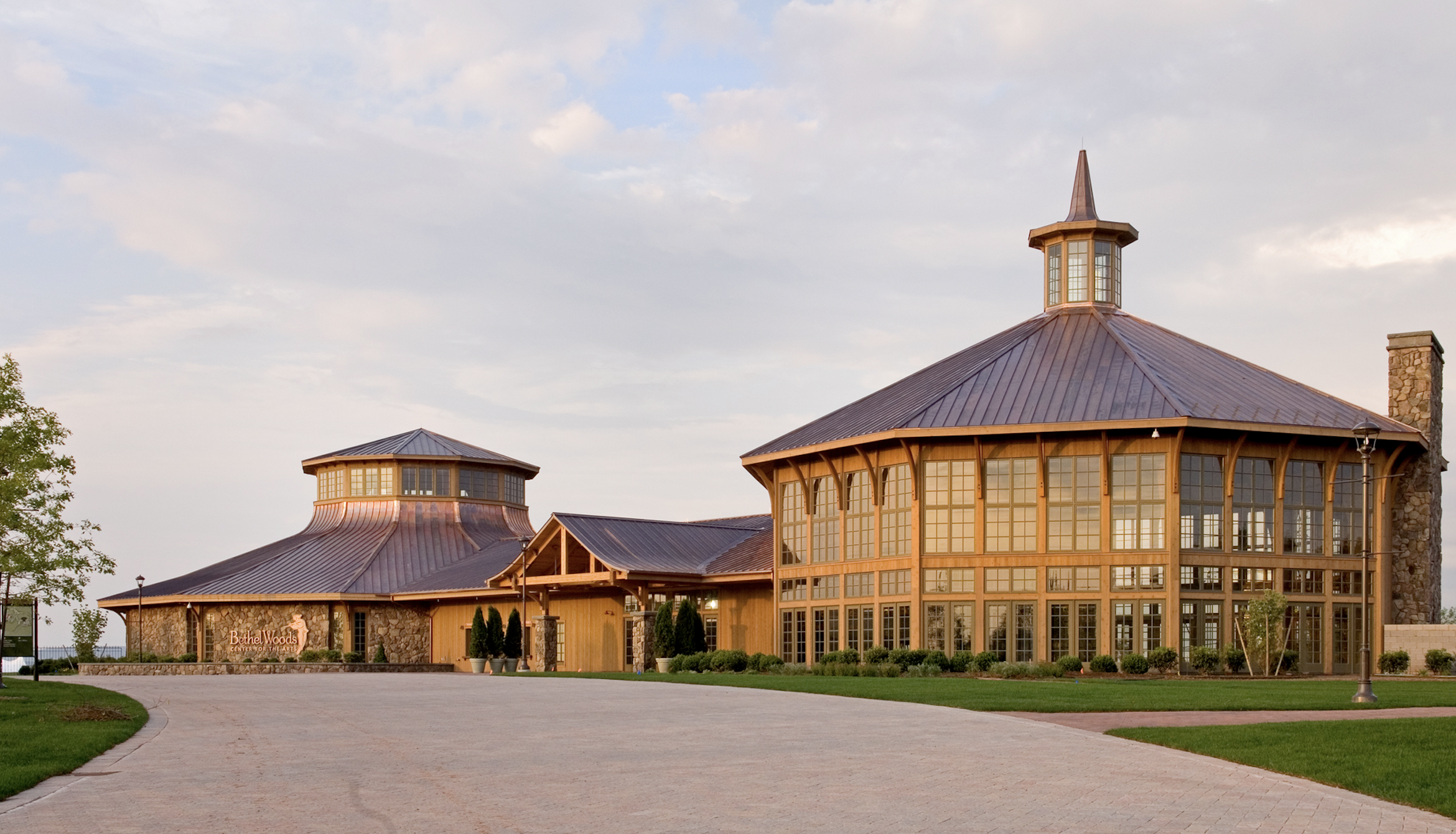 Nestled amidst the tranquil landscapes of Bethel, New York, lies a time capsule of the 1960s, echoing the spirit of a generation that dared to dream. Bethel Woods Center for the Arts, home to the iconic Museum at Bethel Woods, stands as a testament to both the enduring legacy of the Woodstock Music & Art Fair of 1969 and the profound power of a young museum and small staff to safeguard, interpret, and…
Nestled amidst the tranquil landscapes of Bethel, New York, lies a time capsule of the 1960s, echoing the spirit of a generation that dared to dream. Bethel Woods Center for the Arts, home to the iconic Museum at Bethel Woods, stands as a testament to both the enduring legacy of the Woodstock Music & Art Fair of 1969 and the profound power of a young museum and small staff to safeguard, interpret, and…
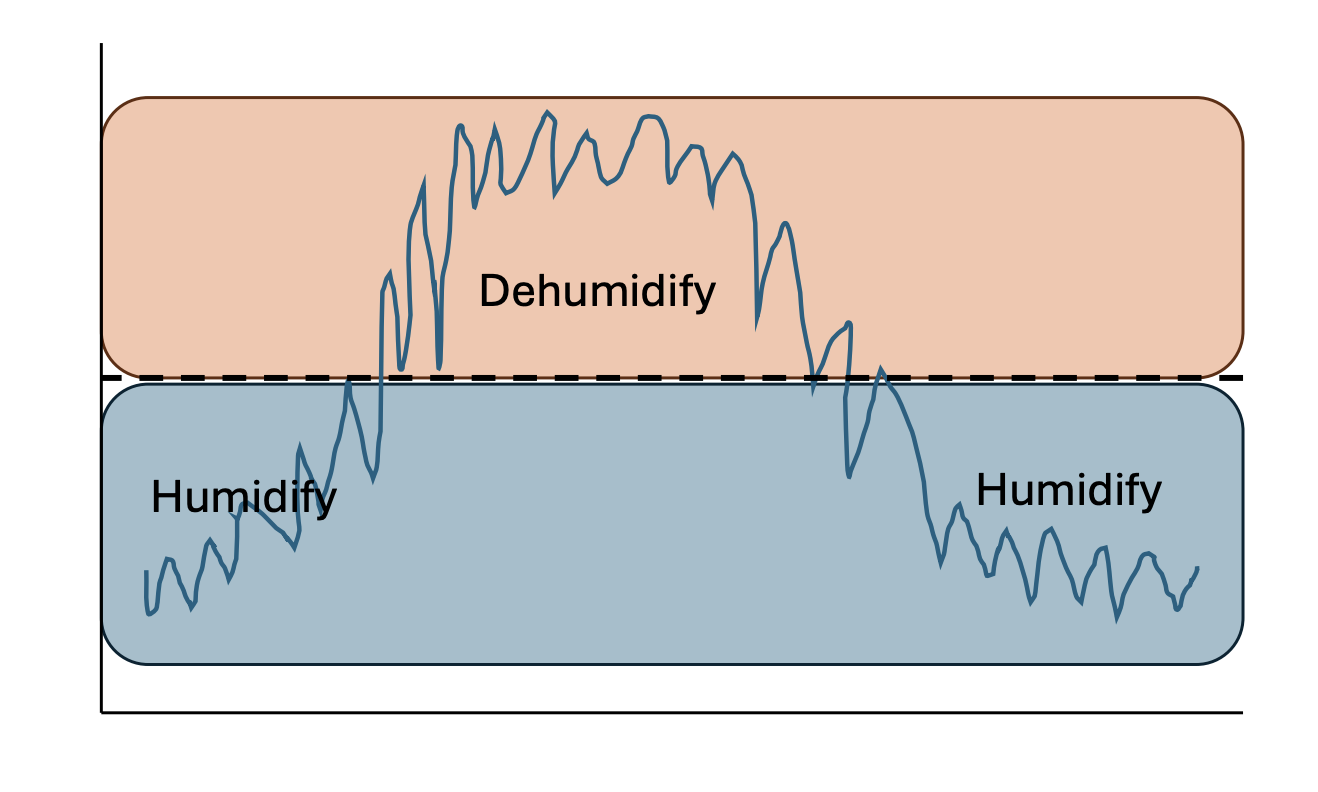
Dew point is a term we occasionally hear on the weather report, but did you know it's a critical measurement for storing and exhibiting collections? In this recent DHPSNY webinar, Kelly Krish, Preventive Conservation and Sustainability Consultant, covered the basics of understanding dew point and how it relates to relative humidity in a collections environment.
Click here to view the recording.
Click here to download the slideshow. …
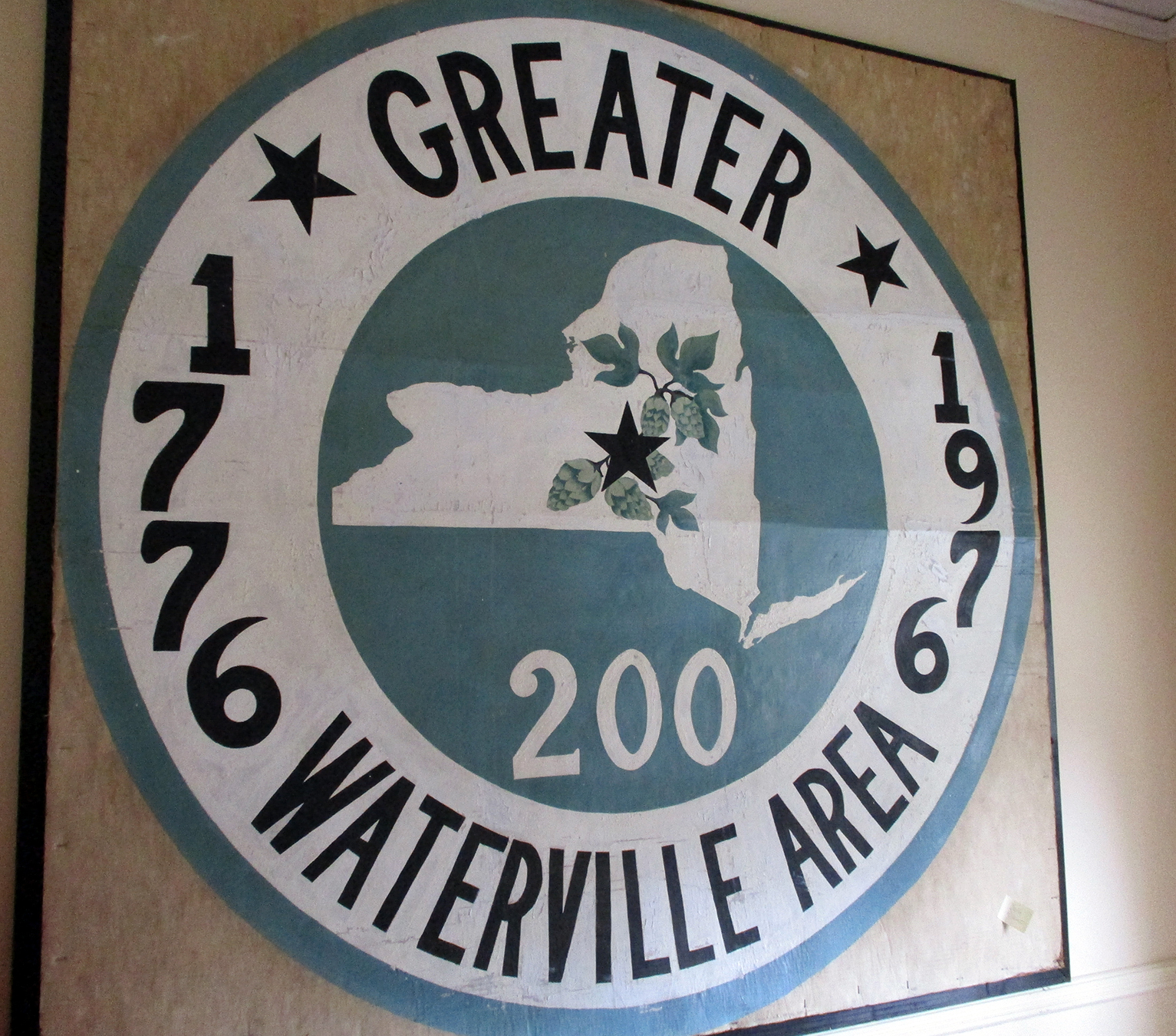
We concluded our spring 2024 Planning & Assessment Services application review period earlier this season, and we're pleased to announce that our independent field reviewers have selected eight collecting institutions to receive DHPSNY services.
We commend the following organizations for their dedication to enhancing their preservation programs and practices and look forward to beginning site visits in the coming weeks:
Strategic Planning Assistance
…

In this recent DHPSNY webinar, staff from the Reher Center for Immigrant Culture and History spoke about their experience in creating the Hudson Valley Immigrant Oral History Project and resulting exhibition, Taking Root: Immigrant Stories of the Hudson Valley. This presentation covered challenges posed throughout the project, how it evolved over time, and what it was like working with various partners such as Kingston Library, Ulster Literacy Association, and the Culinary Institute of America. This program was part of the DHPSNY "What Did You Do? Stories from the Field" webinar…
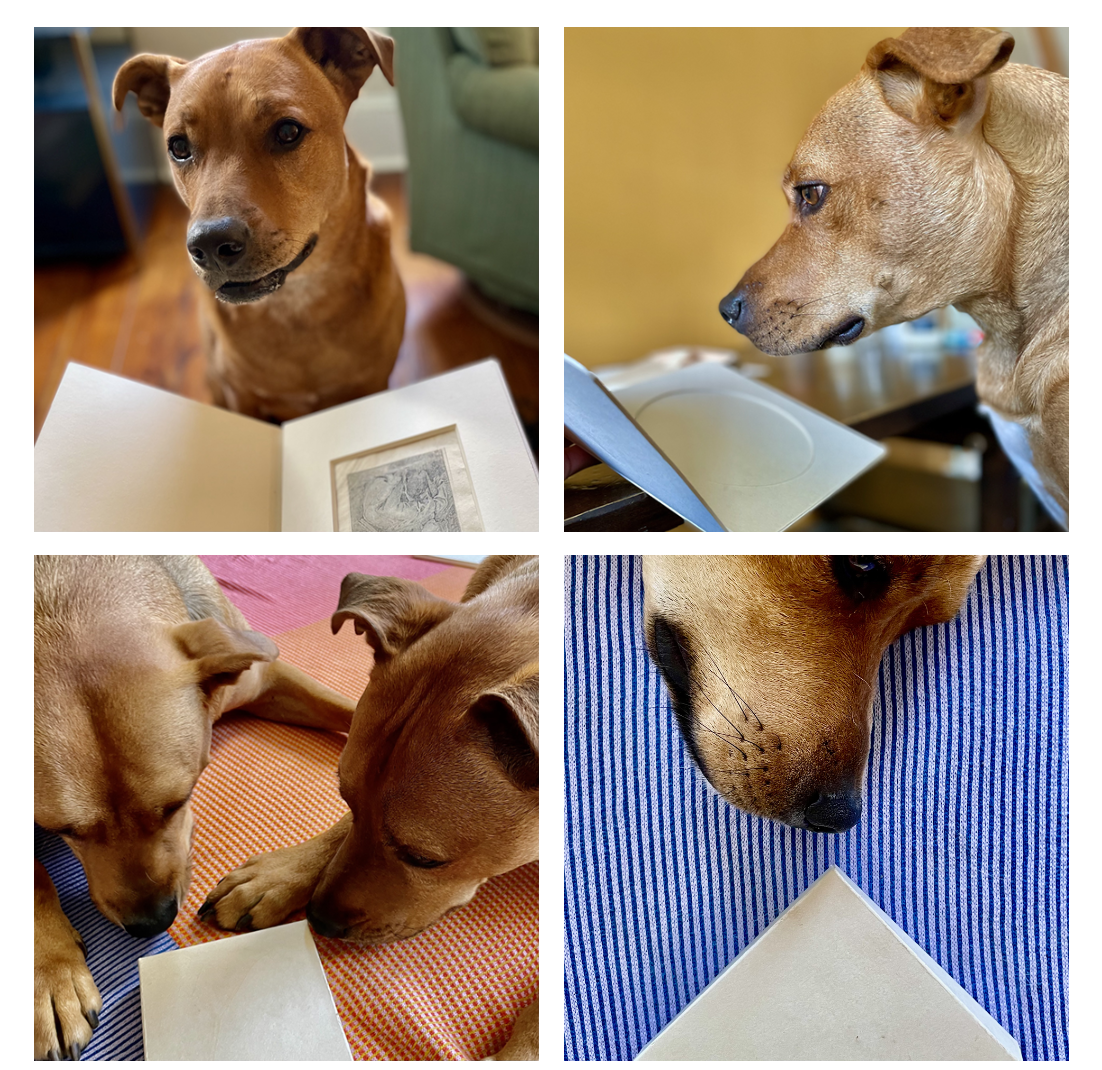
We're excited to announce that applications are open for DHPSNY Planning & Assessment Services, and the next submission deadline is Friday, July 12, 2024. Planning & Assessment services pair accepted organizations with DHPSNY staff to discuss current practices and set recommendations and goals specific to your capacity and needs. Final reports can be utilized to obtain funding, increase the accessibility and use of your collections, and more.
Visit our Planning &…
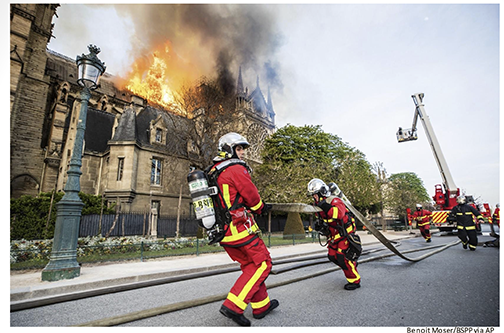
When an emergency strikes the simplest tasks can seem overwhelming, even when you have a clear preparedness and response plan in place for your collections. While you cannot prepare for everything, understanding how local first responders handle emergencies can influence your own preparedness plan and leave you more prepared for the situations you may encounter. DHPSNY's webinar, Emergency Planning: Working with First Responders, highlights what to expect when working with local first responders during an emergency.
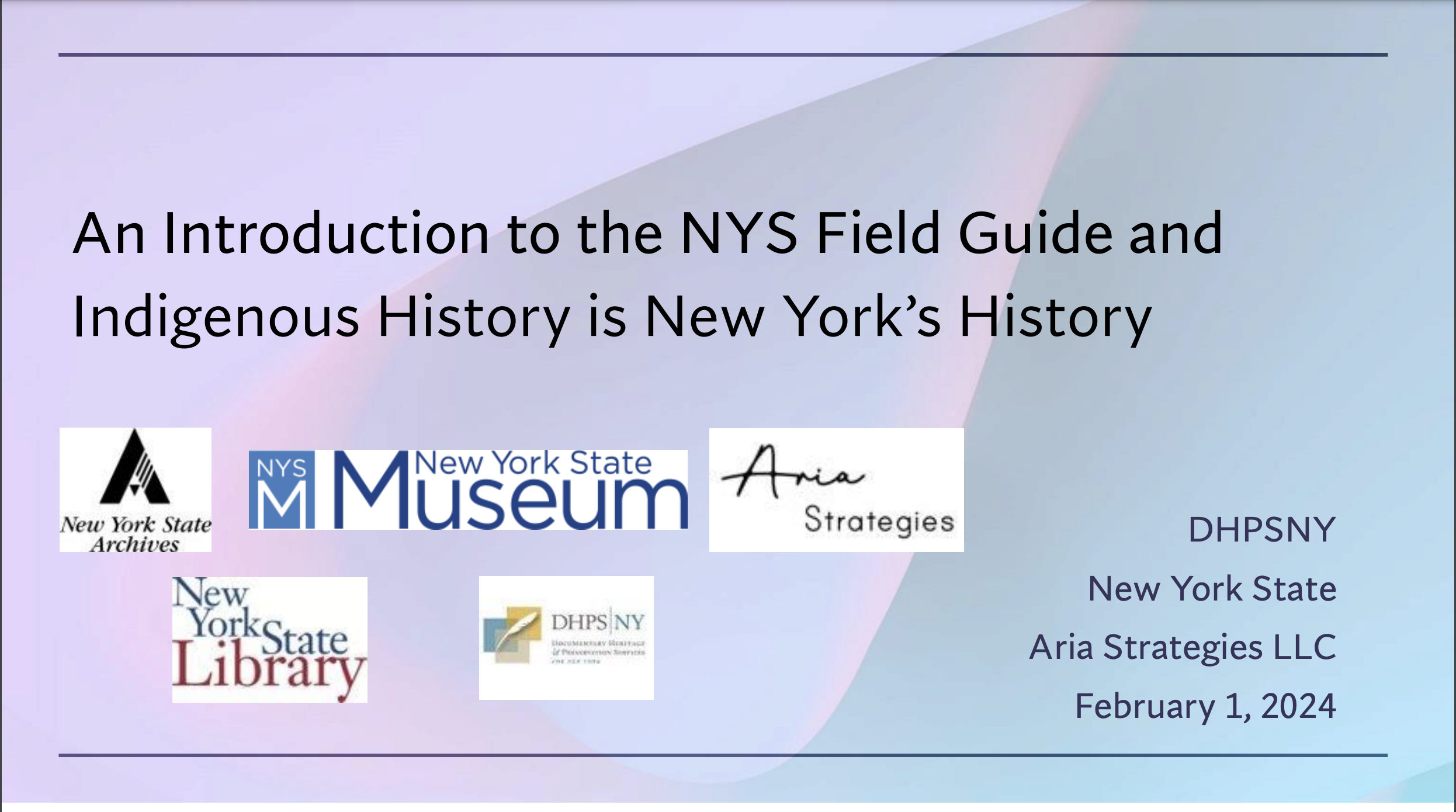
Written by DHPSNY Dialogue co-facillitaor Aria Camaione-Lind, Principal & CEO, Aria Strategies LLC
On February 1, we kicked off our 2024 antiracism Dialogue series with a program to introduce the 250th commemoration field guides from AASLH and APHNYS/Office of the New York State Historian: Building an Inclusive 250th: An Introduction to the NYS Field Guide and Indigenous History is New York’s History. Our co-facilitators, Scott Manning Stevens (Syracuse University), Devin Lander (NYS Historian), and John Diefenderfer (Archival Advisory Services, New…
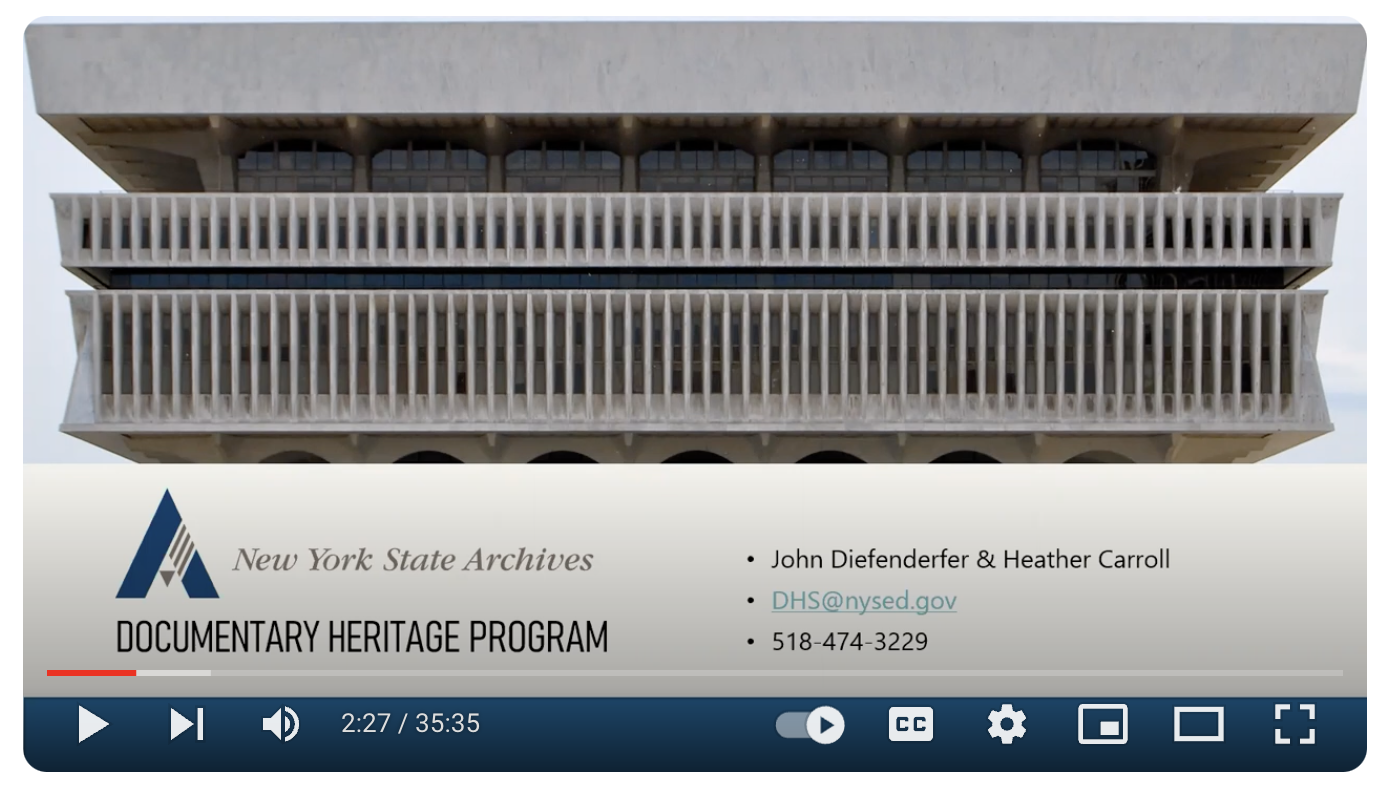
The New York State Archives is pleased to announce the availability of the guidelines and application for the 2024-2025 DHP funding cycle. Documentary Heritage Program (DHP) Grants grants are designed to build a more comprehensive and equitable documentation of New York State’s history and culture by supporting projects that identify, survey, collect, arrange, describe, and make available records that relate to groups and topics traditionally under-represented in the State.
DHP funds projects from non-profit organizations that improve access to historical records including but not…
Pagination
- Previous page
- Page 6
- Next page
